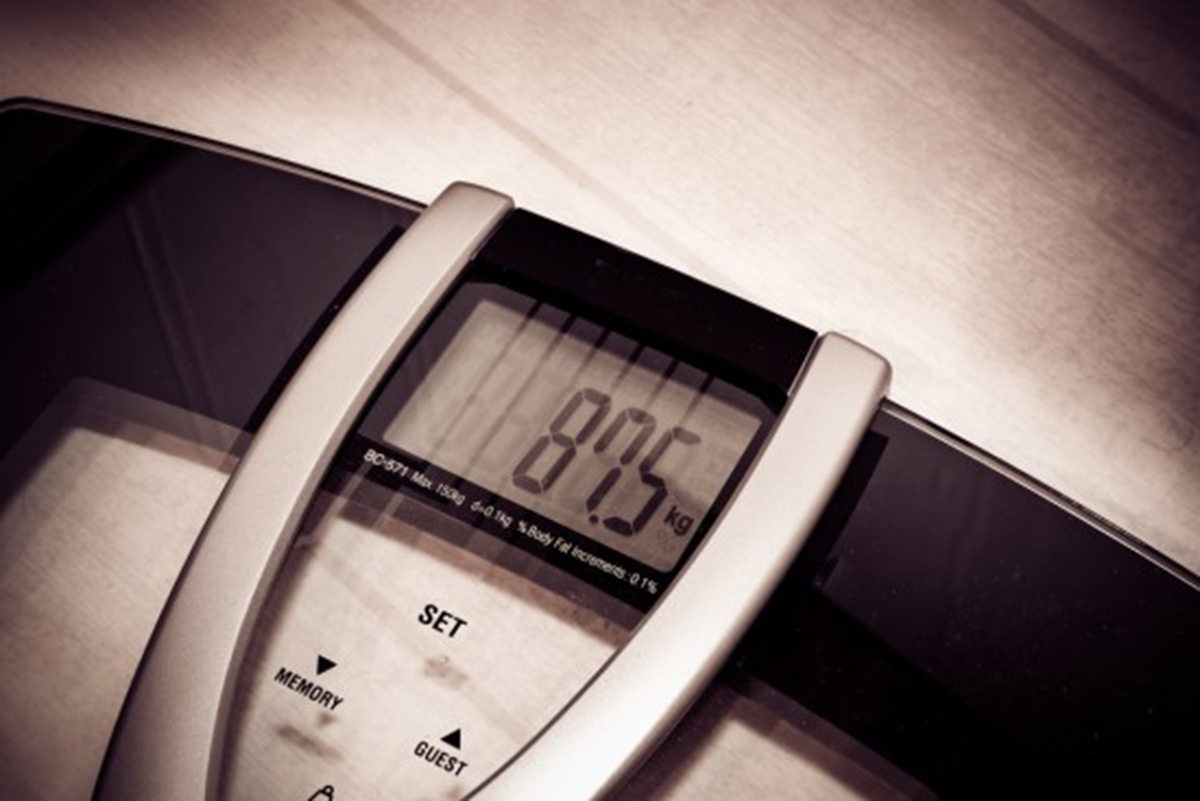Table of Contents
For years, we were all told that eating whole grains was the way forward. Our benighted ancestors may have opened the day with a fry-up, or gone to work on an egg, but our arteries would be kept cholesterol free by a space-age regime of bran and jogging.

So when you’re planning a diet, whether that’s simply to stay healthy or whether you have a preexisting condition you want to work with, or you’re trying to lose weight, which should you avoid: Fat or carbs?
Duke Ellington once said there were only two kinds of music: good music and bad music. He wouldn't choose between blues and jazz, just between good and bad. And the carbs/fat choice is the same. It’s not fat that makes you fat, and it’s not carbs either. But eating both together as part of a crummy diet? Now that will mess you up, because the sugars trigger an insulin spike and the fat is deposited in adipose tissue.
Insulin is a hormone that helps cells absorb glucose (sugar) from the bloodstream to be used for energy. When there's excess glucose, insulin helps store it as fat. Therefore, higher levels of insulin can lead to more fat storage, especially if calorie intake exceeds the body's energy needs.
What makes you fat is the wrong kind of fat and the wrong kind of carbs.
Carbs are a short to medium term energy source.
Fat isn't even digested until it reaches the small intestine, three to six hours after you eat it. When it is digested, it enters the bloodstream slowly. And it’s the least thermogenic and most energy dense of all the micronutrients. Thermogenesis is a measure of heat-making – how much heat is created in the process of digestion. Protein is the most thermogenic, but its effects are felt more slowly. Carbohydrates loiter somewhere in the middle.
The wrong kinds of fats are basically added fats.
Trans fats, hydrogenated fats and fats from an animal’s abdominal cavity that have been added to a food product will damage your general health and are more likely to be laid down as fats. And they come as a double whammy because they’re so often found in the same foods as short-chain carbohydrates.
Read More: Extra Calories, And Not Their Source, Are Responsible For Body Fat
When you eat short-chain carbohydrates, your liver responds to a sudden spike of blood sugar by dumping insulin into your bloodstream. Excess sugar is pulled out of your bloodstream and dumped in the liver, and in the muscles if they are giving off chemical signals that they need to have their glycogen reserves restocked. The rest? Either it stays in the bloodstream or it gets reconverted and laid down as fat.
While that’s going on the fat you ate hasn't even hit your bloodstream yet. So how come sugary foods make fat laydown worse?
- Photo courtesy of Franck Mahon by Flickr : www.flickr.com/photos/skullyfm/3500095371/
- Photo courtesy of 95Berlin by Flickr : www.flickr.com/photos/61030499@N07/9256943412/


Your thoughts on this